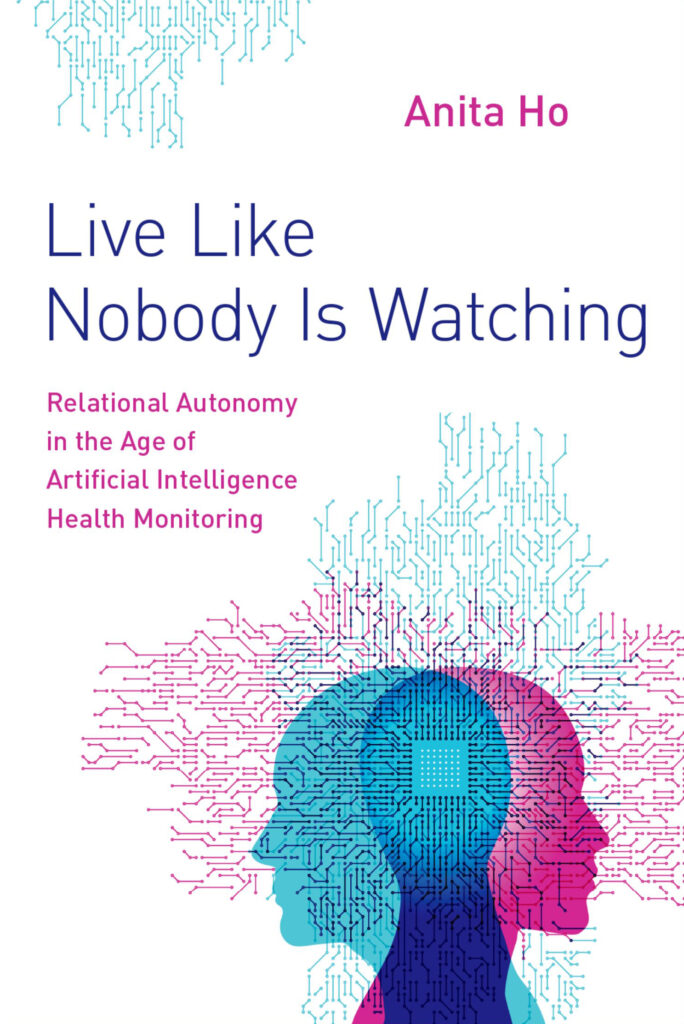About
Anita Ho (PhD, MPH) is a bioethicist and health services researcher with a unique combined academic training and experience in philosophy, clinical/organizational ethics, public health, and business. She is also a classically trained pianist, with a Master in Music (piano performance), still trying to decide what she will do when she grows up!
In the meantime, Anita is an Associate Professor at the UCSF Bioethics Program and a Clinical Associate Professor at the Centre for Applied Ethics at the University of British Columbia. She is also the Division Vice President in Ethics for CommonSpirit Health (Northern California), Scientist at the Centre for Health Evaluation and Outcome Sciences (CHÉOS), and a Board Member for the Center for Practical Bioethics.
An international scholar and author of more than 80 publications, Anita is an elected fellow of The Hastings Center. Her research focuses on ethical dimensions of utilizing innovative technologies and artificial intelligence (AI) in health care delivery, research and trial design ethics, supportive decision making, and end-of-life care decisions. She is particularly interested in systemic and social justice issues arising in domestic and global health care. Her new book, Live Like Nobody is Watching: Relational Autonomy in the Age of Artificial Intelligence Health Monitoring, was published by Oxford University Press in May 2023.
When she is not analyzing research data, obsessing over the news of the day, or playing the piano, Anita also enjoys making (and devouring) dark chocolate truffles.

New book
Live Like Nobody is Watching
Relational Autonomy in the Age of Artificial Intelligence Health Monitoring
- Utilizes a relational approach to explore the bioethical implications of AI health technologies
- Situates the AI health monitoring debate within the broader socio-structural concerns regarding big data, surveillance, and privacy
- Draws upon diverse bodies of interdisciplinary research in bioethics, philosophy, health policy, gerontology, medical sociology, mental health/addiction, and health technologies
